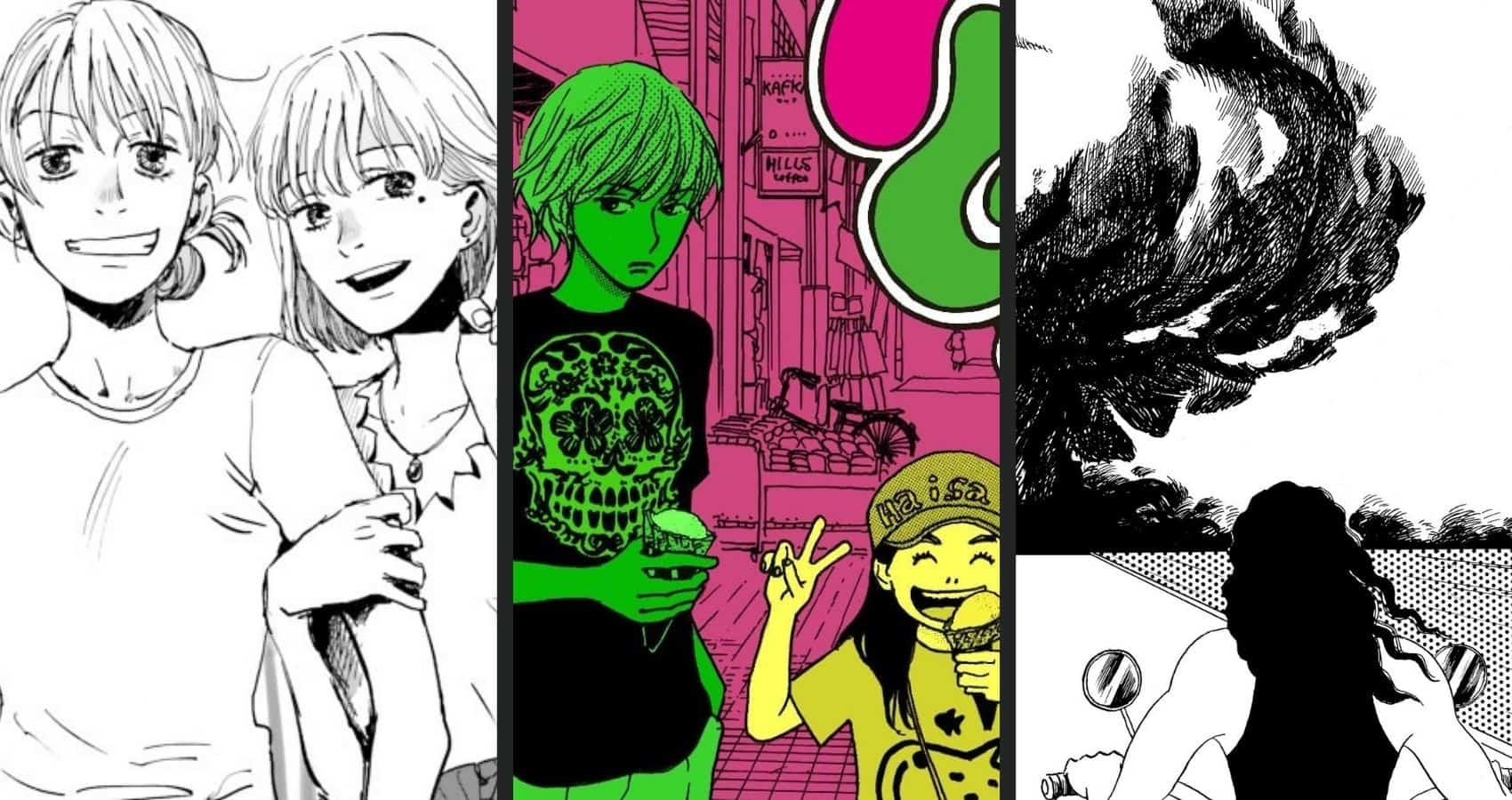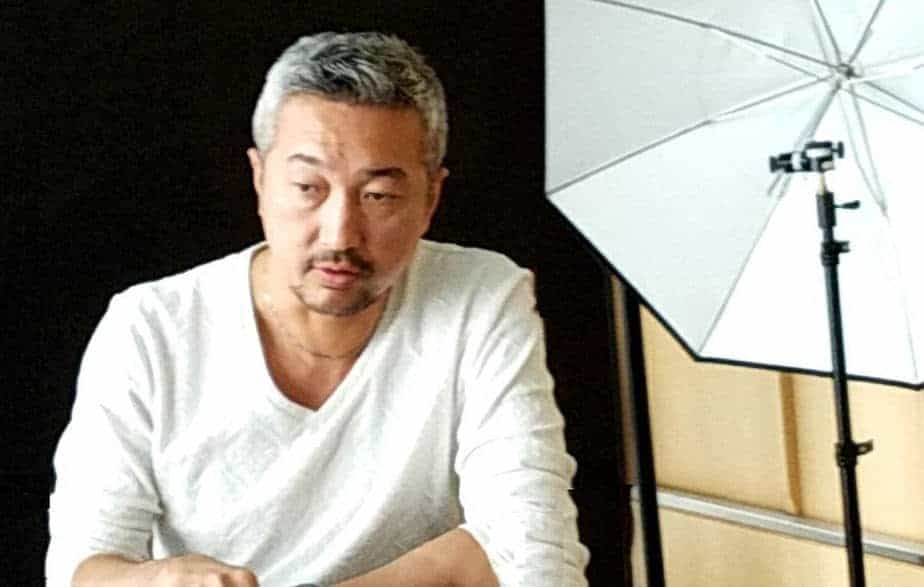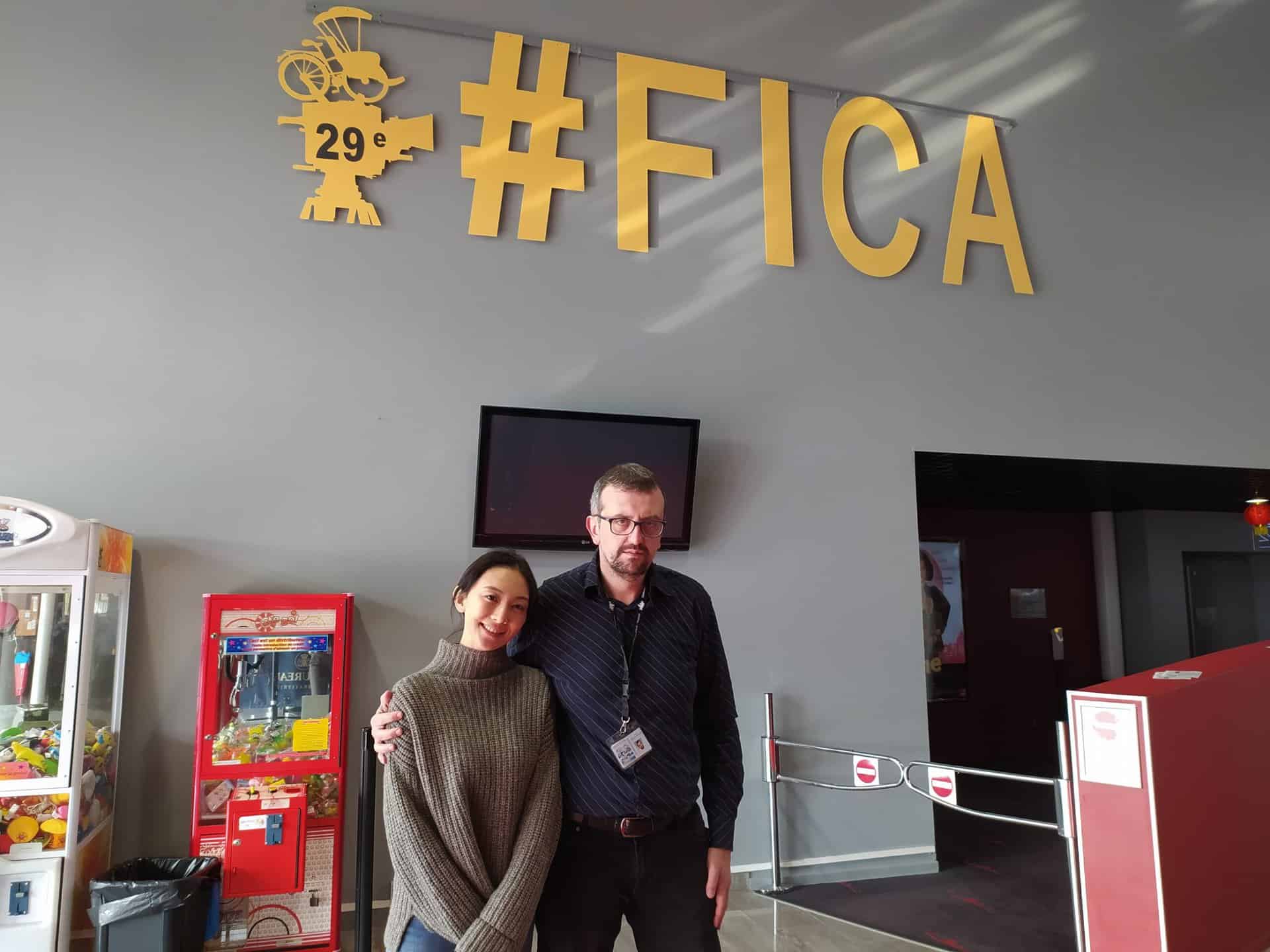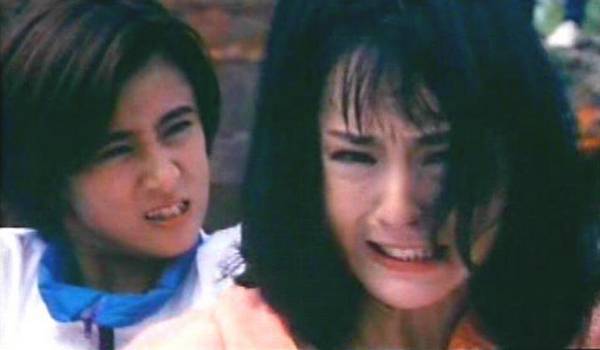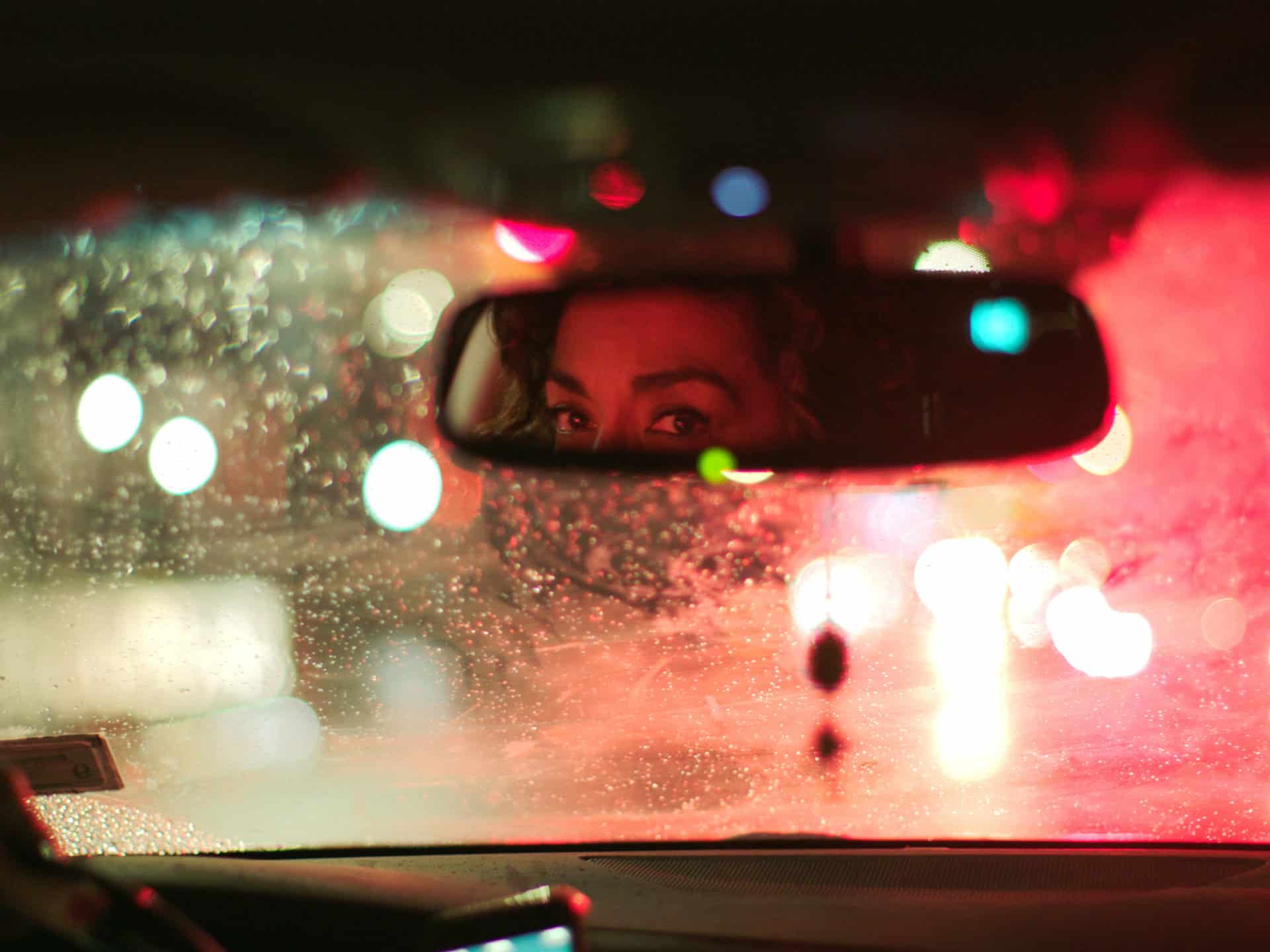Kei Ishikawa – born in 1977 in Aichi, Kei Ishikawa studied at the National Film School in Łódź, Poland. His film ‘Gukoroku – Traces of Sin' (2016) was selected for the Orizzonti section at the Venice Film Festival. It won the Silver Award at the Shindo Kaneto Awards and earned him Best New Director at the Yokohama Film Festival and Japanese Professional Movie Awards. His other works include the short ‘Ten' (2017).
‘Listen to the Universe' – Aya is a former piano prodigy but distanced herself from piano after her mother died. Akashi has a steady job and is married with kids but cannot give up his dream. Masaru is top student at an elite music academy struggling to be the champion. Jin is the mysterious young legacy of the world's greatest pianist, now deceased. The four piano geniuses face the fierce international competition.

Firstly, I would like to ask you about how did you connect yourself to Poland?
I attended the National Film School in Łódź were I met two cinematographers Piotr Niemyjski and Łukasz Żal around 2003. I was strongly connected to them for the next couple of years and I collaborated with Piotr on both of my movies ‘Gukoroku – Traces of Sin' and ‘Listen to the Universe'.
Was there any particular reason you chose Poland out of all countries in the world?
People often ask me about this. If anything, when I was young I watched Andrzej Wajda's movies, such as ‘Ashes and Diamonds'. Then I admire Kieslowski's ‘Three Colours' trilogy and Polański of course. Some people think I might have been actually inspired by Polanski, but at the National Film School in Łódź puts more focus on Kieslowski, in my opinion. Such figures as for instance Polanski, Żuławski and Skolimowski who emigrated and shot movies in other countries – I wouldn't say they are necessarily belittled – but there is certainly less stress put on their cinematography in Łódź.
Speaking about ‘Listen to the Universe', how did Andrzej Chyra got casted for the role?
I knew he was one of the most pivotal actors already when I was studying in Łódź. Before that, I wanted to collaborate with him, since he liked my scripts, but it didn't work since he was busy with his own schedule. In ‘Listen to the Universe' he plays the role of Nathanael, an American piano instructor of Jewish provenience. Piotr Niemyjski had just shot a movie starring Chyra in Poland and since there was nothing to lose he asked him politely. Who knows, maybe this time Chyra also wanted to come back to Japan? Chyra is naturally known for the roles of social dropouts or rednecks and here he plays a much more serious role; however, in the world of classical pianists one can find quite a few quirky and erratic personas.

‘Listen to the Universe' is based on the novel, however I still felt the atmosphere of International Chopin Piano Competition, especially when it comes to the level of competitiveness of the participants.
I have unfortunately never gone to watch the International Chopin Piano Competition; however I heard about it a lot and was thinking to shoot a documentary on it.
The movie atmosphere and shooting is quite dramatic like in a suspense thriller. In the beginning I thought it might be more like Aronofsky's ‘Black Swan', however then in turns out to be a story about a quartet of friends who, while competing with each other, encourage themselves simultaneously to fight.
In fact, after releasing ‘Gukoroku – Traces of Sin' everybody offered me scenarios where somebody is dying (laughs) and I decided myself I would like to try out completely different genres. Japanese film industry is brimming with suspense stories and once you start that genre you become its prisoner, so I decided to do something that stands on complete antipodes.

You combine elements of real and unreal. Were the surreal scenes also depicted in the novel?
There are descriptions and hints in the novel, but I didn't want to be too much restrained, so there are some original parts I added using my own imagination.
Another element that is very characteristic is the symmetry and proportions meticulously planned in each scene.
When I was discussing details with Piotr, I had a detailed plan for each scene, yet without any additional drawings. We wanted the images to coexist with music, so the frames and scene composition had to give an impression of certain symmetry.

The movie had nearly premiere at the same time in Japan and the 32nd Tokyo International Film Festival and at 36th International Film Festival in Warsaw. What was the response in Poland?
We had a very a positive response and I have a pack of devoted supporters there. I am also very much impressed by the work of Polish Film Institute. We don't have such subsidy system in Japan and even if there is something, it only includes certain options that won't cover the film budget.
Had you a chance to shoot a feature film in Poland, then would you try out your skills outside of Japan in the future?
I am thinking actually more in a global way – supposing I had an offer, I would shoot in Poland, Korea or elsewhere, depending on the story material and circumstances. I don't think since I am Japanese, I am bound to make movies only in Japan. I am actually working on a few scenarios that might work in Poland.
The interview was conducted at the 32nd Tokyo International Film Festival. We would like to thank the Festival crew for the support.


